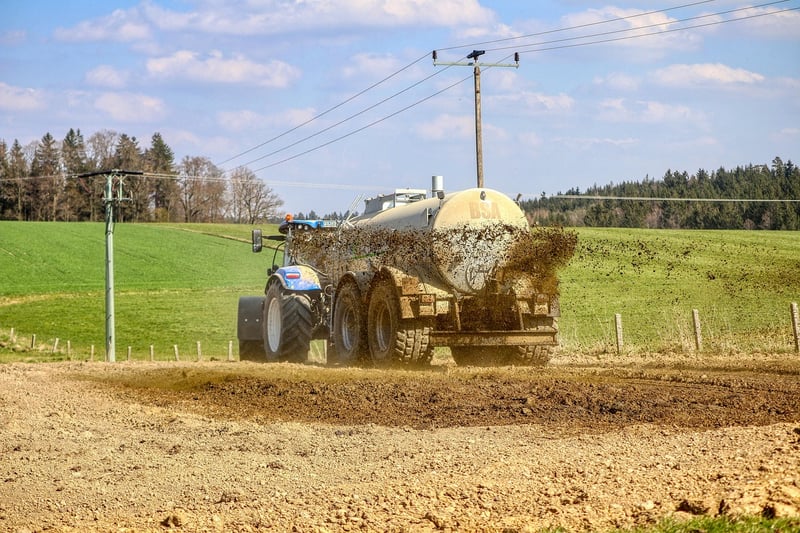Fertilization
Key Tips for Keeping Your Garden Healthy through Proper Fertilization
Having a healthy garden not only enhances the beauty of your outdoor space but also promotes the growth and blooming of your plants. Proper fertilization is crucial in ensuring your garden thrives and remains lush throughout the seasons. Here are some key tips to help you maintain a healthy garden through effective fertilization:
1. Know Your Soil
Before applying any fertilizer, it's essential to understand the composition of your soil. Conduct a soil test to determine its pH level and nutrient content. This information will guide you in choosing the right type of fertilizer and the correct application method.
2. Choose the Right Fertilizer
There are various types of fertilizers available, including organic and synthetic options. Select a fertilizer that suits your soil type and the specific needs of your plants. Consider slow-release fertilizers for a steady nutrient supply over time.
3. Follow Application Instructions
Read the instructions on the fertilizer package carefully and follow the recommended application rates. Avoid over-fertilizing, as this can harm your plants and lead to nutrient imbalances in the soil. Apply fertilizers evenly to ensure consistent growth across your garden.
4. Timing Is Key
Apply fertilizers at the right time to maximize their effectiveness. In general, fertilize in the early spring to support plant growth and again in late spring or early summer for continued nourishment. Avoid fertilizing in late summer or fall, as this can stimulate new growth that may not withstand winter conditions.
5. Monitor Plant Response
Pay attention to how your plants respond to fertilization. Healthy plants will exhibit vigorous growth, vibrant foliage, and abundant blooms. If you notice any signs of nutrient deficiencies or excess, adjust your fertilization regimen accordingly.
6. Maintain Consistency
Consistent fertilization is key to keeping your garden healthy in the long run. Develop a fertilization schedule based on the needs of your plants and stick to it throughout the growing season. Regular feeding will ensure that your plants receive the necessary nutrients for optimal growth.
7. Consider Organic Alternatives
Organic fertilizers are a sustainable and environmentally friendly option for nourishing your garden. Compost, manure, and organic soil amendments can improve soil structure and fertility while reducing the risk of chemical buildup. Incorporating organic matter into your garden promotes long-term soil health.
By following these tips and maintaining a proper fertilization regimen, you can cultivate a vibrant and flourishing garden that brings joy and beauty to your outdoor space.

For more gardening tips and advice, visit Gardeners.com.
